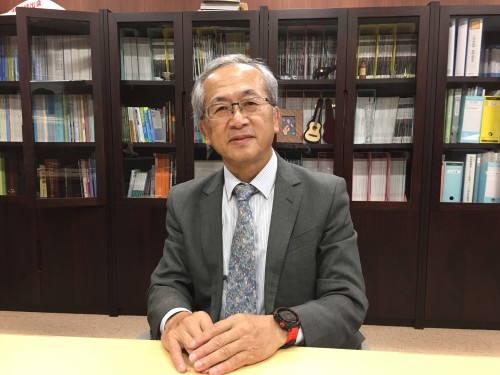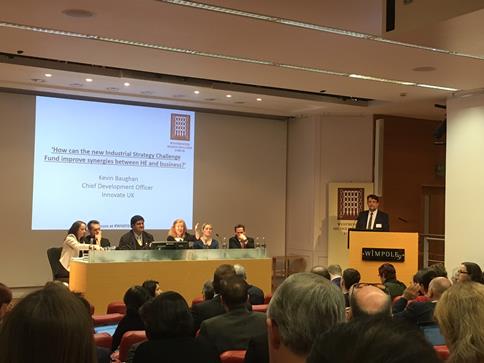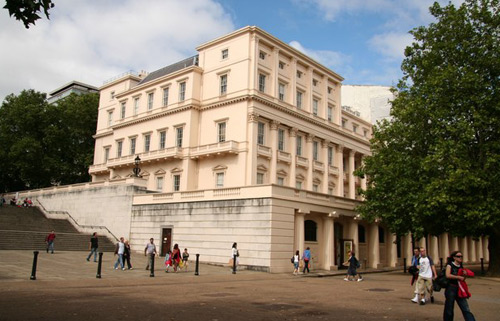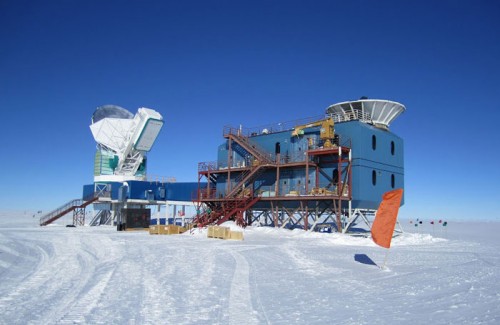Tag archives: funding
Why money is tight for Japanese science

Money matters: Yasuhiro Iye is an executive director of the Japan Society for the Promotion of Science. (Courtesy: Matin Durrani)
By Matin Durrani in Tokyo, Japan
“Budget.”
That was the one-word answer from Yasuhiro Iye, when I asked him what was the most important thing on his mind as executive director of the Japan Society for the Promotion of Science (JSPS).
The society, which was founded in 1932, is responsible for funding researchers in Japan across all sectors of science, engineering and humanities. In 2015 the JSPS distributed about ¥260bn (about $2.27bn) in grants, which are awarded competitively through a rigorous peer-review process, with physicists receiving roughly 15% of the total.
It might sound a lot of money, but as Iye points out, the JSPS’s total budget has been pretty static in recent years. Money for science, Iye admits, is not as generous in Japan as in the past, which he blames on rising social-security costs to deal with the growing number of old people. “The Japanese government budget is constrained by the cost of an ageing society,” Iye says.
View all posts by this author | View this author's profile
Boosting innovation in a Brexit Britain

Kevin Baughan, chief development officer at Innovate UK, addressing delegates at a Westminster Higher Education Forum yesterday on UK science funding and policy.
By Michael Banks
I headed to London yesterday for an event on the future of UK science and innovation funding and policy that was organized by the Westminster Higher Education Forum.
Held at the Royal Society of Medicine, the meeting was attended by representatives from government, business and academia. It was impeccably timed given that the “Brexit bill” is currently going through parliament and the UK government recently published an industrial strategy together with the announcement of an additional £4.7bn for R&D.
While it is safe to say that the UK is a scientific powerhouse, the same cannot be said of its ability to translate research into products and services, something that the new industrial strategy aims to tackle.
View all posts by this author | View this author's profile
The fallout from Brexit for physics

Is the UK now a sinking ship? (Courtesy: iStock/NatanaelGinting)
By Matin Durrani, Editor, Physics World
Amid all the noise and recrimination following the UK’s vote to leave the European Union (EU) in last week’s national referendum by a majority of 52% to 48%, I was reminded of a comment that Nicola Clase – Sweden’s ambassador to Britain – made to Times columnist David Aaronovitch before the referendum. When he sought her views on a potential British exit from the EU (Brexit), Clase replied: “It’s like when a child desperately wants to pee in his pants and does it. At first there’s a feeling of relief and for a few moments it’s nice and warm. Then he’s just cold and wet.”
It was a flippant comment for sure, but not far wide off the mark. As a new week dawns, physicists in the UK – and beyond – are coming to terms with the enormity and liable consequences of the vote. A poll by Nature in March showed that the vast majority of UK scientists were overwhelmingly in support of the EU, with 83% saying “no” to an exit. Although, legally, the outcome of the referendum does not have to be acted upon, we can expect huge and completely unnecessary uncertainty over the next few months, if not longer.
Learned societies in the UK, such as the Institute of Physics, which publishes Physics World, as well as the Royal Society and the Royal Astronomical Society, have been putting a brave face on the prospect of Britain quitting the EU. They underlined the importance of maintaining free movement of scientists to and from the UK, and ensuring British scientists continue to have access to EU research funds and EU-supported facilities. It will be great if those principles and policies remain in place – but there is no guarantee they will. In any case, why should the rest of the EU now want to bother making life easy for the UK as it negotiates a Brexit?
View all posts by this author | View this author's profile
Finding innovation in space

Way to go: Carlton House Terrace. (CC BY-SA 2.0 Richard Croft)
By Margaret Harris
I have a mental block about Carlton House Terrace. This elegant little street in central London is home to several of the UK’s national academies, including the Royal Society and the Royal Academy of Engineering (RAEng), and I’m sure I’ve visited it at least half a dozen times. Yet somehow, whenever I emerge from Charing Cross underground station in the middle of Trafalgar Square, I never know which way to go next.
Fortunately, this is the 21st century, so when the usual disorientation struck me yesterday on my way to an “Innovation in Space” event at the RAEng, I simply pulled out my smartphone. Within seconds, an app told me exactly where I was (plus or minus a few metres) and how to walk from there to 3 Carlton House Terrace. Minutes later, I was safely ensconced in the seminar room, nodding in agreement as the event’s chair, Sir Martin Sweeting, explained how space-related innovations – including, ahem, the network of satellites that make up the Global Positioning System (GPS) – have become an integral part of our daily lives.
View all posts by this author | View this author's profile
Could a canned UK-led telescope have discovered B-modes before BICEP2?

Researchers working on the BICEP2 telescope announced on Monday that they had detected the first evidence for the primordial B-mode polarization of the cosmic microwave background. (Courtesy: National Science Foundation)
By Michael Banks
This week has seen physics news hit the mainstream in a way not seen since the Higgs boson was discovered at the CERN particle-physics lab in 2012.
On Monday, researchers working on the Background Imaging of Cosmic Extragalactic Polarization (BICEP2) telescope at the South Pole revealed that they have detected the first evidence for the primordial B-mode polarization of the cosmic microwave background (CMB). You can read our news stories about the finding here and here.
Yet could scientists in the UK have got there first if a telescope they had been planning to build – dubbed Clover – hadn’t been axed in 2009?
View all posts by this author | View this author's profile
Should governments provide funds for the search for extraterrestrial intelligence?

The Lovell Telescope was used during the SETI Institute’s Project Phoenix.
(Courtesy: Jodrell Bank Centre for Astrophysics, University of Manchester)
By James Dacey
Are we alone in the universe? It’s the age-old question that took on a whole new significance once we had built the tools to transmit and receive radio waves across interstellar distances. With the advent of radio telescopes, we had finally acquired the faculties to listen for the signs of an alien race trying to make contact. The search for extraterrestrial intelligence – better known as SETI – took a giant leap forwards in 1984, when the SETI Institute was founded in California. This institute is the nerve centre of SETI activities and it is funded almost entirely from private sources.
But while SETI activities have been strongly associated with the US, the movement has been international since its outset. Here in the UK, perhaps the most significant contribution has probably been the country’s involvement in Project Phoenix, which between 1998 and 2003 used the 76 m Lovell Telescope (pictured above) at Jodrell Bank Observatory near Manchester.
It seems that the desire among British scientists to search for aliens is still alive and well, as a bunch of academics has recently set up the UK SETI Research Network. The group held its first formal activity last Friday (5 July), during three SETI sessions at this year’s National Astronomy Meeting (NAM2013) at the University of St Andrews in Scotland.
View all posts by this author | View this author's profile